What are the core drivers of RegTech market growth?
An introduction to the RegTech market
RegTech is a niche market and requires collaboration between regulators, regulatory experts, financial institutions, and RegTech solution providers. There are several RegTech start-ups operating in the regulatory space. These players are leveraging advanced technologies, such as cloud computing, big data, AI, and ML to enhance regulatory activities.
The market dynamics include market drivers, restraints, opportunities, and challenges that have been outlined to understand the factors affecting the four major components in the RegTech market ecosystem: data providers, regulators, financial institutions, and RegTech solution and service providers.
Drivers and restraints to the RegTech market

Drivers of the RegTech market
Rising cost-burden of compliance
Financial institutions operate in highly competitive environments; hence, profits are hampered by the ever-rising costs of compliance. These institutions spend significant amounts on regulatory compliance remediation programs and find it challenging to comply with stringent regulatory requirements. Heavy fines are levied for non-adherence to regulatory requirements.
For instance, In October 2019, FINRA fined BNP Paribas with an amount of USD 15 million for failing to develop an Enhanced Due Diligence (EDD) program that could detect suspicious penny stock and wire transfer activities. In 2018, FINRA fined Morgan Stanley USD 10 million as the company’s AML program failed to meet the requirements of the Bank Secrecy Act.
Several banks already have regulatory and compliance-focused technologies in place, but RegTech helps banks become more competitive by providing sustainable and efficient solutions. A range of new RegTech solutions is entering the market to handle rising compliance costs.
These technologies address different types of regulatory needs. Some technologies are focused specifically on making compliance more efficient, for example, cloud-based software programs that automate aspects of compliance. These solutions automate the ongoing banking processes, which are used to meet their regulatory requirements.
Additionally, RegTech simplifies and standardizes the compliance process through automated mapping of regulatory risks for key business processes, reducing the need for manual or duplicate checks. Rising investments in RegTech by financial institutions signify the increased need to reduce compliance costs.
The increased need to reduce compliance costs with the use of RegTech solutions can be substantiated with rising RegTech investments by financial institutions. According to Fintech Global, the global RegTech investments grew almost five-fold between 2014 and 2018. An increase of 48.5% CAGR, in terms of capital invested, has witnessed the funding grow from USD 923.4 million in 2014 to USD 4,484.5 million in 2018.
A rising need for faster transactions
The blockchain technology can reduce the time taken for interbank transactions. Many financial firms consider the blockchain technology as a mechanism to make transactions faster, minimize error rates, and eliminate reconciliation.
Blockchain is most suited for the payments space, where it can help bring down multiday settlement cycles to real time, thereby improving and enhancing transaction operations. This can help enhance companies’ capabilities for AML, KYC, and regulatory compliance data.
Faster transactions and settlements can help a financial institution and its customers in transacting easily while eliminating the intermediary charging fee to make the process more streamlined. This can save labor-intensive procedures that banks go through with their customers and currency exchanges.
The regulatory sandbox approach to support innovation
Sandboxes are virtual environments that are used to test and examine the impact of innovative and new processes or technologies in isolation. Regulatory sandboxes provide firms with controlled virtual testing environments for testing and examining the impact of innovative new processes or technologies in isolation.
Regulators provide suitable support by relaxing specific legal and regulatory requirements for the duration of the sandbox. This approach also enables the regulator to gain a better understanding of new technologies, evaluate the risk level of any innovation, and avoid burdening new businesses with overly restrictive regulations before the actual launch.
Regulators are increasingly developing a robust new framework that promotes innovation and exhibits opportunities to support the future development of RegTech with the use of regulatory sandboxes. The practice of setting up regulatory sandboxes is being complemented with the use of RegTech to supervise the financial sector more effectively.
The regulatory sandbox approach is gaining traction globally. It is in various stages of development and implementation in countries, such as the US, Switzerland, Australia, Hong Kong, Singapore, Malaysia, Thailand, and the United Arab Emirates (UAE).
For instance, the UK FCA launched its regulatory sandbox in 2016, and companies that accepted testing their products and services were able to identify technical flaws early in the process, enabling them to enhance their offerings well in advance. The regulatory authorities of numerous other jurisdictions have also expressed an openness to the use of sandboxes, including Abu Dhabi, Australia, Malaysia, Hong Kong, Singapore, Switzerland, and Thailand.
The fragmentation of the financial services industry accompanies the rising pace of innovation to support the use of sandboxes, not only for the trial of novel products introduced by the RegTech players but also for the testing of new and more flexible approaches by regulators.
Read more about the “sandboxification” trend here in our recent blog post!
Lower barrier of entry for SaaS vendors
The RegTech market is a niche, but the entry barrier is low owing to the use of cloud computing technology to provide RegTech solutions. RegTech providers are offering SaaS-based products tailored to modernize the regulatory space. The proliferation of SaaS-based solutions provides firms with exponential benefits as compared to traditional software products.
These benefits include real-time and instant access from anywhere, rapid onboarding, instant updates, and increased Return on Investment (RoI). SaaS RegTech solutions can compute massive amounts of data and provide actionable insights and trends over any time period required.
These insights provide a bird’s eye view to compliance professionals on relevant, industry-wide activities at both, macro or micro levels. The SaaS technology also facilitates automation, thereby reducing the number of manual tasks, time taken for these tasks, and the cost involved.
For instance, a SaaS RegTech company can work on new regulatory requirements for its clients and through the use of technologies, such as AI and ML, can address these within days, while traditional methods require much longer. However, low entry barriers might lead to market consolidation, as niche innovative RegTech vendors are acquired or merged in order to sustain the competition.
Source: “Regtech Market Global Forecast to 2025” Market Research Reports, Marketing Research Company, Business Research by MarketsandMarkets


